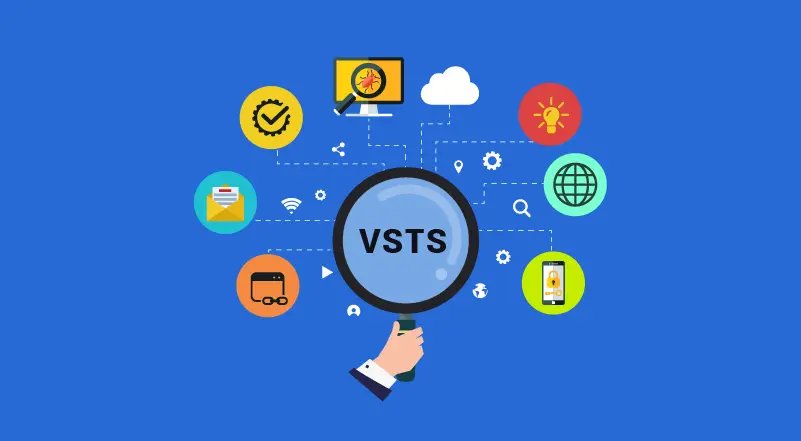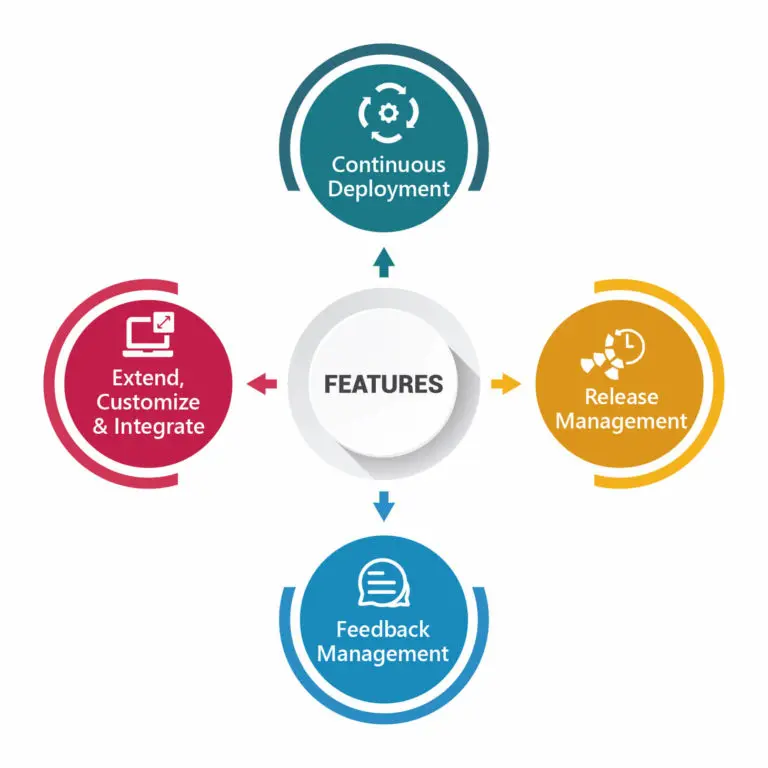
The demand for software is increasing year over year with no imaginable end in sight.IT spending on enterprise software is forecast to jump 8.5 percent in 2019 as per Gartner. With testing playing an integral part in the development of software, it’s imperative for organizations to adopt a structured testing approach to increase business efficiency, improve product quality and reduce cost.
Software testing has evolved with the development process being more agile. Enterprises seek more advanced capabilities to eliminate a silo-mentality between development, operations, and business and other software delivery delays and challenges.
Visual Studio Team System (VSTS) – An integrated development environment (IDE) in the cloud, that is an extension of the Microsoft Visual Studio architecture to facilitate software project creation, development, testing and management allowing enterprises to lower maintenance cost, have better stakeholder involvement and increased collaboration among distributed teams.
Features of VSTS Testing
VSTS Testing allows you to get started quickly, and even makes it easier to build, plan, and ship your applications even when you make it available on other platforms, through VSTS you can:
- Plan and Track Work – Offers the tools you need to effectively create, manage and deliver against your backlog
- Increase Visibility Through Dashboards and Charts – Build dashboards that provide visibility to your team and stakeholders ensuring each team member is on the same page
- Agile-project Management Methodology – Plan sprints leveraging team-based capacity planning and by monitoring progress with real-time burndown charts

Why Organizations Should Adopt VSTS?
VSTS Testing is a platform that takes care of all the aspects for developing software in the software development lifecycle. With VSTS, be assured of:
- No Upgrades: With VSTS, you need not worry about major upgrades. Microsoft handles the upgrades in approximately three-week intervals to VSTS without any downtime.
- No Servers: In VSTS, you don’t have to manage any of the infrastructure. Microsoft takes care of the machines that VSTS runs on.
- Global Availability: VSTS leverages Microsoft Azure with globally available services so that users can access VSTS accounts from any part of the world.
- Maintained Security: Through VSTS, Microsoft ensures that your data remain safe and secure, without exception.
Usability of VSTS
VSTS Testing comprises of four sub products that is Visual Studio, a development environment, Visual Studio Test Professional for test data management and test case execution, Team Foundation Server, which offers collaboration of source code files and centralized database and Visual Studio Lab Management, which provides features to create a virtual environment for software testers.
Core Benefits
- Decreased Maintenance Costs – Being a cloud-based platform, VSTS has a lower ongoing maintenance cost and there are no servers to maintain and no upgrade cycles to be factored in your budget.
- Improved Stakeholder Involvement – Business stakeholders can log into the platform from anywhere to monitor the project progress, add requirements etc., This increased stakeholder involvement helps the project to succeed and go a long way.
- Collaboration Among Distributed Team – Teams can easily collaborate on projects, so it becomes easy to understand the development of a product that’s the result of a multi-team collaboration.
- Modernized DevOps Features – VSTS is the platform for enterprises to embrace a modern agile/DevOPs culture. It has a set of features that can drastically increase efficiency for everyone within the project.
If you are looking to move towards the cloud-based testing approach, then there isn’t a reason why you shouldn’t adopt VSTS Testing, irrespective of the size of your enterprise. You will end up saving money on licensing and support and drastically reduce the complexity of connecting and keeping the product software up to date.


